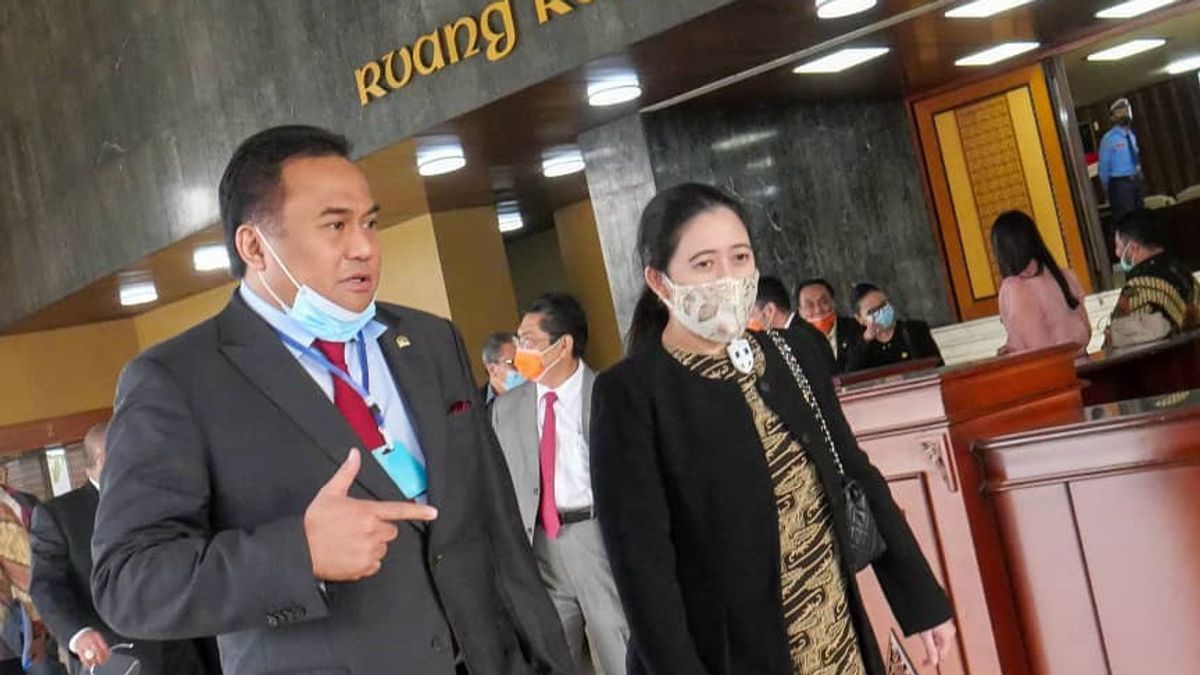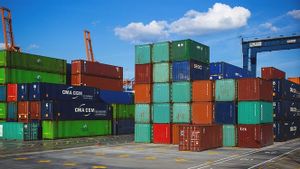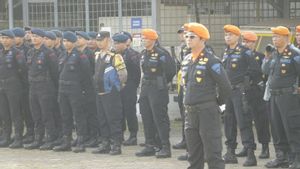JAKARTA - Deputy Speaker of the Indonesian House of Representatives, Rachmat Gobel, quipped about the Jakarta-Bandung high-speed rail project, which according to him is not a priority for the state at this time. What the state should prioritize first, according to him, is the construction of the new state capital (IKN).
Rachmat Gobel highlighted the construction of the high-speed train using the state budget. In fact, he said, the state budget (APBN) should be focused on economic recovery, basic infrastructure development, and for the construction of the new National Capital (IKN). Moreover, the government is faced with budget constraints due to the COVID-19 pandemic. Many budgets that are less prioritized are cut due to refocusing.
"Because we are focused on dealing with COVID-19, recovering the economy that hit the poor, and also we must not back down to build IKN. We just focus on the things that are our priorities," he said in a written statement, quoted Monday, November 1.
Gobel further said that the swelling costs of the Jakarta-Bandung high-speed rail project were due to China's construction. In fact, he said, previously Japan had submitted a proposal and the quality of the trains was considered to be better and below China's current price.
"The Japanese-made Shinkansen fast train has been tested. Moreover, Japan has conducted a feasibility study for the Jakarta-Bandung route since 2012," he explained.
According to him, the government should not rush to disburse the state budget for the project. Gobel said Japan initially submitted a proposal with a value of 6.2 billion US dollars, while China only 5.5 billion US dollars.
"China also won because it did not ask for government guarantees, there was no involvement of the state budget, and the business to the business scheme," he said.
SEE ALSO:
However, then the cost of infrastructure development for the Jakarta-Bandung high-speed train swelled to 6.07 billion US dollars. Worse, Gobel said the project had soared to 7.97 billion US dollars.
"We don't know whether there will be another increase in costs or not. In fact, in terms of quality, Japan is definitely much better. What is certain is that up to now it has doubled. This condition is the opposite of the original three promises and is already more expensive than the Japanese proposal," he said.
In addition, Gobel also questioned the reliability of the Chinese side's feasibility study. First, in the first swelling, he said it was due to insurance.
Second, in the second swelling, he said it was due to geological and geographical factors. Third, the flooding that inundated the Jakarta-Cikampek toll road occurred due to the blockage of waterways due to the construction of the high-speed train.
"All of that should have been calculated in the feasibility study. In fact, it wasn't. That's why I question the quality of the feasibility study. This is a serious problem," he added.
The English, Chinese, Japanese, Arabic, and French versions are automatically generated by the AI. So there may still be inaccuracies in translating, please always see Indonesian as our main language. (system supported by DigitalSiber.id)


















